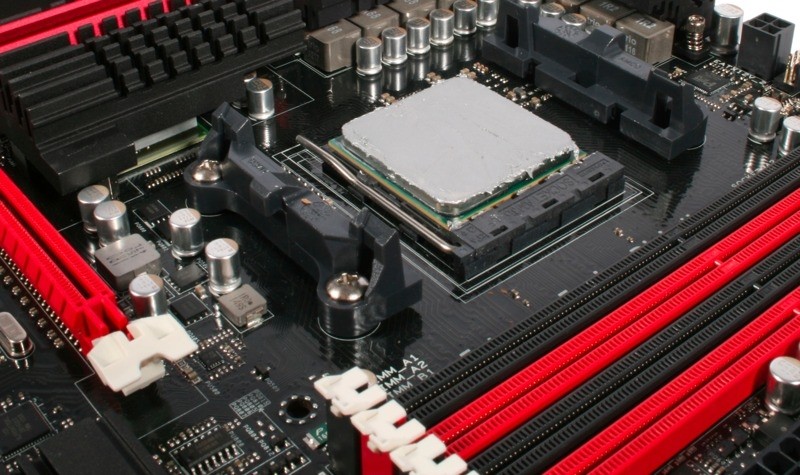Intel has been beating AMD on every front but price for a couple of generations now, owing at least some of their success to being consistently one generation ahead in manufacturing process technology. Meanwhile, the Bulldozer microarchitecture and its descendants have had an unpleasant uphill climb. Power consumption, performance per clock, it all takes its toll. Arguably AMD doesn’t make things better for themselves by releasing the FX-9590 and FX-9370, chips with virtually no overclocking headroom and staggering 220W TDPs. And finally, FX chips still rely on the antiquated 900 series chipsets, which lack support for PCIe 3.0. Suffice to say, there’s a laundry list.
However, we took a couple of AMD’s most popular chips for a test drive and found that things aren’t anywhere near as bad as benchmarks might lead you to believe. Quite the opposite.
Sitting in our test bed today is AMD's most popular chip, the FX-8350, as well as their true mainstream champion, the $149 FX-6300. As we’ve done recently with Intel’s Haswell-E and Devil’s Canyon parts, today we’re doing a power-to-performance test to see just how much power an AMD FX-8350 and FX-6300 consume when faced with gaming and multimedia tasks.
